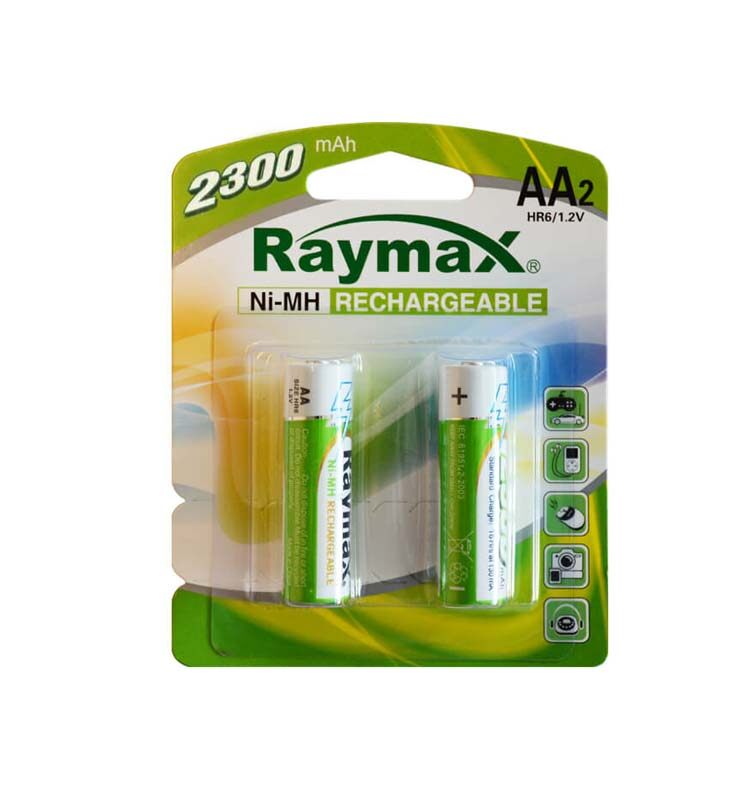Email format error
Email cannot be empty
Email already exists
6-20 characters(letters plus numbers only)
The password is inconsistent
Email format error
Email cannot be empty
Email does not exist
6-20 characters(letters plus numbers only)
The password is inconsistent

Alkaline battery & Button cell manufacturing process-News

Factors to Consider When Customizing Batteries for Wholesale Distribution
In today's competitive market, customization plays a crucial role in meeting diverse consumer demands and enhancing brand differentiation. When it comes to batteries, customization goes beyond basic specifications to include performance enhancements, tailored packaging, branding requirements, and adherence to stringent quality and regulatory standards. This article explores key factors that businesses should consider when opting to customize batteries for wholesale distribution.
I. Introduction
Customizing batteries for wholesale distribution offers businesses a unique opportunity to align products closely with market needs and branding strategies. Whether for electronics, promotional items, or industrial applications, understanding the nuances of customization can significantly impact product success and customer satisfaction.
II. Battery Performance Specifications
Customizing battery performance specifications involves tailoring key technical aspects to meet specific requirements. This customization ensures that batteries not only meet but exceed user expectations in terms of reliability and performance efficiency. Key factors to consider include:
- Capacity, Voltage, and Discharge Rate: Matching battery capacity and voltage to the intended device specifications is crucial. Customization allows for adjustments in discharge rates to optimize performance in different applications, such as high-drain devices or continuous usage scenarios.
- Compatibility: Ensuring compatibility with a wide range of devices enhances marketability. Customizing batteries to fit seamlessly into various electronic products ensures reliable operation and enhances user experience.
- Enhanced Features: Customization can include features like extended lifespan, quick charging capabilities, or improved environmental resilience, catering to specialized market niches and increasing product value.
III. Packaging Options
Packaging is not just about protection; it's a powerful branding tool that influences consumer perception and purchase decisions. Customized packaging enhances brand visibility and communicates product quality. Considerations include:
- Custom Packaging Designs: Unique packaging designs that reflect brand identity and appeal to target markets can significantly differentiate products on store shelves or in promotional campaigns.
- Eco-friendly Materials: Increasingly, consumers prefer sustainable packaging options. Customizing batteries with eco-friendly materials not only aligns with corporate sustainability goals but also appeals to environmentally conscious consumers.
- Logistics and Storage: Efficient packaging design considers logistics and storage requirements, minimizing transportation costs and maximizing shelf space utilization.
IV. Branding Requirements
Batteries offer a valuable opportunity for branding and promotional purposes. Customization allows businesses to imprint logos, slogans, or brand colors directly on batteries or packaging. Key considerations include:
- Custom Printing Options: Flexibility in printing options enables businesses to create cohesive branding across their product lines. Whether through labels, direct printing, or embossing, customized branding enhances product recognition and brand recall.
- Consistency Across Products: Maintaining consistent branding across batteries and packaging reinforces brand identity and fosters customer trust. Consistent messaging and visual appeal contribute to a unified brand image in the market.
- Marketing Opportunities: Branded batteries serve as effective promotional items or corporate gifts, enhancing brand visibility during trade shows, corporate events, or in-store promotions.

V. Quality Control and Certification
Ensuring battery quality and safety through rigorous quality control measures and certifications is paramount in customized battery production. Key considerations include:
- Quality Assurance Processes: Implementing robust quality assurance processes throughout manufacturing ensures consistent product quality and reliability. From raw material inspections to final product testing, stringent quality controls mitigate risks and enhance customer satisfaction.
- Certifications (e.g., ISO Standards): Adherence to international standards such as ISO 9001 for quality management systems or ISO 14001 for environmental management demonstrates commitment to excellence and regulatory compliance.
- Testing Methodologies: Comprehensive testing protocols validate battery performance, safety features, and adherence to regulatory requirements. Testing may include capacity testing, cycle life testing, and environmental testing to simulate real-world conditions.
VI. Market Segmentation and Target Audiences
Customized batteries cater to diverse market segments with specific needs and preferences. Understanding target audiences and their requirements is crucial for successful product customization. Key market segments include:
- Electronics Manufacturers: Customized batteries for electronics must align with device specifications and performance demands, offering reliability and longevity.
- Promotional Product Suppliers: Branded batteries serve as effective promotional tools, offering companies a unique way to enhance brand visibility and customer engagement.
- Industrial Equipment Suppliers: Customized batteries for industrial applications prioritize durability, reliability, and compatibility with heavy-duty machinery, ensuring uninterrupted operation.
Tailoring battery features to meet these diverse industry needs ensures relevance and market competitiveness.
VII. Regulatory Compliance and International Standards
Navigating global regulatory landscapes is essential for successful battery customization and distribution. Compliance with international standards ensures product safety, environmental responsibility, and legal conformity. Considerations include:
- Environmental Regulations (e.g., RoHS, REACH): Compliance with environmental directives restricts the use of hazardous substances in battery production, promoting sustainability and consumer safety.
- International Certification Standards (e.g., CE Marking): Certifications such as CE marking indicate compliance with European Union safety, health, and environmental protection requirements, facilitating market access in the EU and beyond.
- Legal Conformity: Meeting regulatory requirements in target markets minimizes risks of product recalls, fines, or market rejection, ensuring smooth market entry and sustained profitability.
VIII. Conclusion
Customizing batteries for wholesale distribution involves strategic planning and meticulous execution to meet market demands effectively. By focusing on battery performance specifications, packaging options, branding requirements, quality control, market segmentation, and regulatory compliance, businesses can capitalize on the benefits of customization while enhancing product competitiveness and customer satisfaction.
In conclusion, prioritizing customization based on comprehensive market insights and regulatory knowledge positions businesses for sustained growth and market leadership in the dynamic battery industry.

